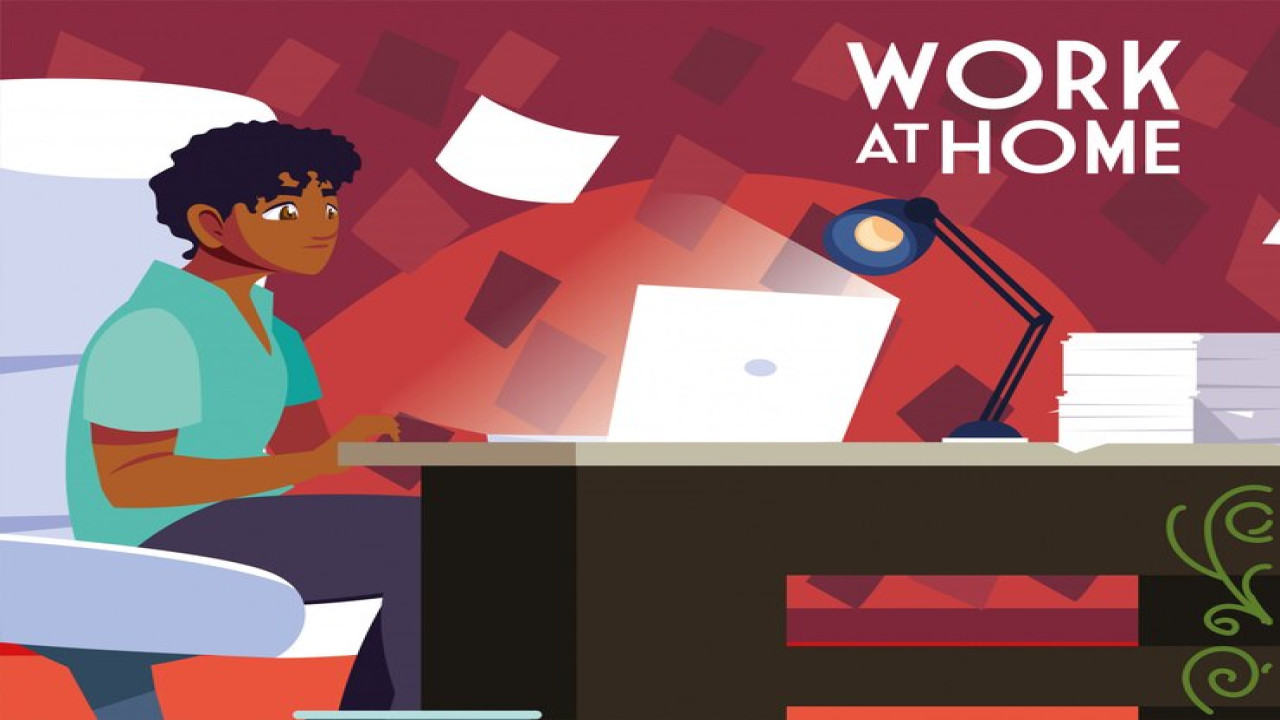Remote Jobs vs. In-Office Jobs: Which Is Best for Your Career and Lifestyle?
The debate between remote jobs and in-office jobs has become one of the most talked-about workplace topics in recent years.
With the rise of flexible work arrangements, more professionals are reevaluating what matters most in their careers—be it work-life balance, productivity, or career growth. Let’s dive into the key differences, benefits, and challenges of each setup to help you make an informed decision.
The Rise of Remote Work
Remote work has surged in popularity due to advancements in technology and shifting workplace dynamics, especially after the COVID-19 pandemic. Jobs that allow you to work from anywhere have become the dream for many, offering freedom and flexibility like never before.
Advantages of Remote Jobs
Flexibility in Schedule
Remote jobs often allow you to tailor your work hours, making it easier to balance personal and professional responsibilities.
Elimination of Commute
No more long drives or crowded public transport! Remote work saves hours each week and reduces stress.
Work-from-Anywhere Lifestyle
Whether it’s from home, a café, or a tropical beach, remote work lets you choose your office.
Cost Savings
Remote workers save money on transportation, office attire, and daily lunches.
Challenges of Remote Jobs
Isolation
Working alone can feel lonely, especially for those who thrive in social environments.
Distractions at Home
Managing productivity can be tricky with household distractions or lack of a dedicated workspace.
Limited Networking Opportunities
Remote workers might miss out on in-person networking, which could impact career growth.
The Value of In-Office Jobs
Traditional office jobs are still favored by many, especially in industries where collaboration and face-to-face interactions are critical.
Advantages of In-Office Jobs
Structured Environment
The routine and structure of an office can help boost focus and productivity.
Stronger Team Bonding
Being physically present fosters stronger connections with coworkers and better teamwork.
Access to Resources
Offices often provide better infrastructure, from high-speed internet to ergonomic furniture.
Clear Boundaries
Leaving work at the office makes it easier to maintain boundaries between work and personal life.
Challenges of In-Office Jobs
Commute Stress
Long and tiring commutes can eat into your personal time and energy.
Less Flexibility
Fixed hours and locations can make it harder to manage personal commitments.
Higher Costs
Daily commutes, parking fees, and office attire add to the expense of working in-office.
Which Is Right for You?
Choosing between a remote job and an in-office job boils down to your personality, career goals, and lifestyle preferences. Consider the following factors:
- Work Style: Do you thrive in solitude or need social interaction to stay motivated?
- Career Path: Some roles, like sales or design, may require in-office collaboration for growth, while others, like writing or programming, can thrive remotely.
- Lifestyle Needs: Do you value flexibility to travel or stay home with family, or do you prefer the structure of office life?
The Hybrid Model: The Best of Both Worlds?
For those torn between the two, hybrid jobs offer a compromise. These roles combine remote work flexibility with occasional in-office days, providing balance and variety.
Final Thoughts
The battle of remote jobs vs. in-office jobs isn’t about which is better—it’s about which aligns best with your priorities. Whether you value the freedom of remote work, the camaraderie of office life, or a mix of both, the key is to find what suits your career goals and personal happiness.
So, what’s your ideal work environment? Share your thoughts in the comments below!











Comments (0)
No comments found